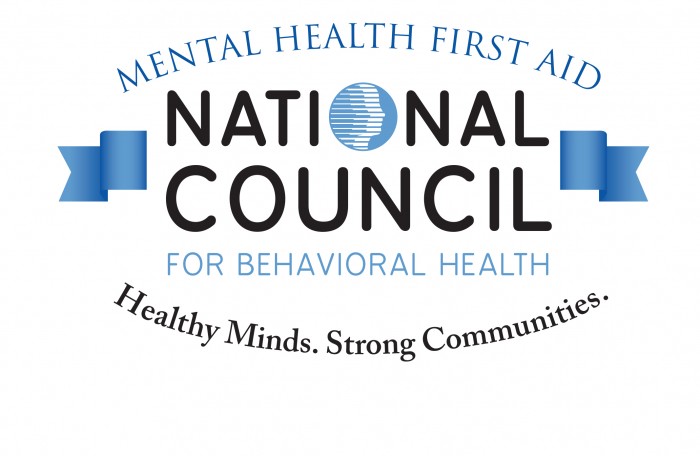Richard Edley
RCPA Webinar: FFCRA Updates and Q&A
You are invited to participate in an RCPA members-only webinar on Thursday, September 10, 2020, from 11:00 am – 12:00 pm. Attorney Jeffrey Worley, Gibbel Kraybill & Hess LLP will review up-to-date information regarding the Families First Coronavirus Response Act (FFCRA) and answer any pertinent questions. Please register HERE. Please submit questions in advance to Tina Miletic on or before Friday, September 4, 2020.
Gateway Health Virtual Panel Discussion: Effect of COVID-19 on Vulnerable Communities
From RCPA member Gateway Health:
Dear Community Partner,
At Gateway Health, we strive to care for the whole person in all communities where the need is greatest. As part of our journey to deliver whole person care, we are now hosting a series of virtual panel discussions for our members and community partners. Given the ongoing challenges associated with hosting in-person and on-site events, we are using these virtual sessions to help us reconnect with the communities we serve.
We hope that you will consider joining us for our first event which will focus on “The Effect of COVID-19 on Vulnerable Communities.”
Date: Thursday, July 30
Time: 11:00 am – 12:00 pm
Click here to register
As we adjust to new virtual formats as a way to engage directly with the community, our efforts can only have a meaningful impact with the full support of outstanding community organizations like yours. We respectfully ask that you please consider sharing this information on your website, social media platforms and with your network. Your assistance with promoting events like this is truly appreciated. Additionally, if there are topics that would be of interest to you and those your serve or if you would like to suggest a subject matter expert, please let us know. Your input is extremely valuable.
Thank you for your continued support of Gateway Health and the communities we serve! See flyer for details.
US Dept HHS Hosting Focus Groups on July 21 & 22 for Providers
National Council Managed Care Models July 2020
Federal Telehealth Support
RCPA Letter: Response to Crisis
PA Provider Coalition Letter to General Assembly on Healthcare Coronavirus Emergency Response Fund
DHS Update from March 25 Stakeholder Call
Please find an updated stakeholder message regarding DHS’ actions in response to the COVID-19 crisis. This message contains the information shared by Secretary Miller on the March 25 stakeholder call. Please know that the situation remains fluid and responses will continue to evolve; the most up to date information is available on the DHS website. Thank you for your partnership and for all you are doing to serve Pennsylvanians during this time.














